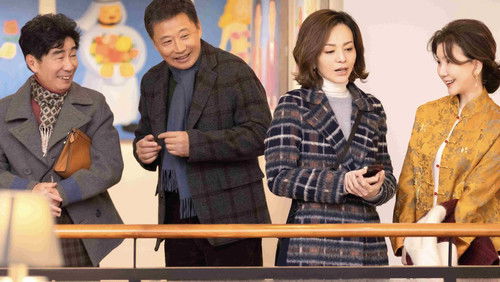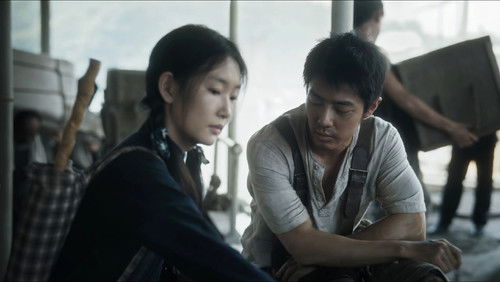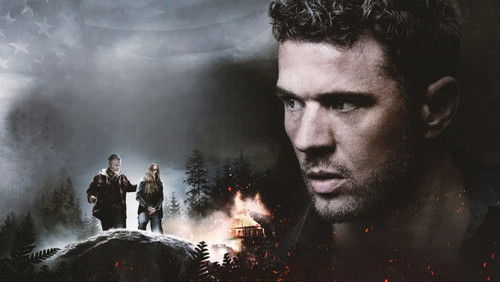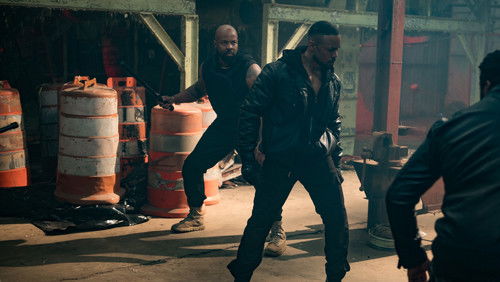Das goldene Schwert des Königstigers (1967)
23KDas goldene Schwert des Königstigers: Directed by Cheh Chang. With Jimmy Wang Yu, Chiao Chiao, Chung-Hsin Huang, Yin-Tze Pan. A noble swordsman, whose arm had been chopped off, returns to his former teacher to defend him from a villainous gang of rival swordsmen.
“Though the chambara influence on Chang Cheh was already seen in his previous film The Magnificent Trio (1966), a remake of Hideo Goshau0026#39;s Three Outlaw Samurai (1964) (and quite possibly the earlier Tiger Boy (1966): not available on DVD), it would be The One-Armed Swordsman that would help define Cheh as an auteur with his own blend of Japanese action aesthetics, American rebellious characters and Chinese wuxia heroes. This film would not only be the first film to break the 1 million HK dollars barrier it would also be a watershed moment for the areau0026#39;s cinema. The popularity of this film as well as King Huu0026#39;s hit the year before Come Drink With Me helped push in a new era of Mandarin language movies as well as push out the indigenous language Cantonese cinema for several years. But it would be the brutal style of Chang that would dominate the regional efforts and not the Peking Opera influenced King Hu. This movie would also be the first in the subgenre of u0026quot;one-armedu0026quot; films that stereotyped the career of the star of this movie Jimmy Wang Yu.u003cbr/u003eu003cbr/u003eWang Yu had already acted in a couple of Chang Cheh films, but it is his performance here as Fang Gang that would make him a star in Hong Kong. Fang is an orphan whose father had perished saving the life of Qi Ru-feng (Tien Feng). Qi shows his gratefulness by taking on Fang as a student. Fang also obtains the broken sword that was used by his father, but it could not possibly be of any use. He quickly becomes an adept student that because of his success and austereness has earned the ire of not only a couple of rich students, but also with Qi Pei-er (Pan Ying-zi), the daughter of the sifu, when he rebukes her advances. It is usually a bad idea to turn down your teacheru0026#39;s daughter and in this film it is no exception.u003cbr/u003eu003cbr/u003eFangu0026#39;s skill level is so advanced that he toys with the other students and Pei-er when they intend on teaching him a lesson. He completely outclasses them with his masculine masterful display of martial arts. However, since he is only toying with them he lets his guard down not expecting that the petulant daughter will exact her revenge by cutting off his right arm. It is not difficult to see this as a castration allegory for not only embarrassing her in the fight, but also not returning her affections.u003cbr/u003eu003cbr/u003eBlooded and broken, Fang stumbles off leaving a crimson trail (while not bloody by later Shaw Brothers standards, this was gory for its time) until he gets found and saved by orphan Xiao Man (Lisa Chiao Chiao) who hates the world of martial arts because it lead to the death of her father. Yet when Fang wakes from his shock induced slumber, later gets beat up by a couple of ruffians, falls into a deep doleful state she takes pity on him and gives him her fatheru0026#39;s manual of martial arts. While part of the manual is missing it luckily has the u0026quot;left-armu0026quot; portions. A few days later he is an accomplished one-armed fighter. Obviously it is unrealistic that in a short time he could lose an arm and then become an accomplished fighter (and one scene of him displaying his power of chi should probably have been trimmed as it does not fit in with the rest of the film) this treatment is probably copasetic with the Jin Yong novel The Return of the Condor Heroes (1959) this movie is influenced by.u003cbr/u003eu003cbr/u003eMeanwhile Qi Ru-feng has decided that he is going to retire from the martial arts world at the age of 55. With all of his success as a swordsman he has created many enemies. Two brothers Smiling Tiger Cheng Tian Shou (Tang Ti) and Long-Armed Devil (called this because of his whip played effectively by the ubiquitous Yeung Chi-hing) have devised a way to destroy him and it involves a weapon that can render Qiu0026#39;s Dao sword that his entire school uses useless. The lesson behind this is to always teach your students to be proficient in more than one weapon and do not always cling to one approach to fighting. With Qiu0026#39;s best student missing (in more ways than one), and his other disciples being removed from this planet, his reign as head of the martial arts world seems to be at an end.u003cbr/u003eu003cbr/u003eWang Yu gives a good performance as the stoic brooding loner who is a combination of a wuxia hero and James Dean. He is not the most adept martial artist though. His Narcissist nature angered many actors and gave way to mediocre performances in the 1970s and beyond. Because of this and his later exploits in Taiwanese triads his reputation has suffered quite a bit among Hong Kong cinema fans. For the most part I tend to agree with the critics and fanboys on this except for his most famous One-Armed roles he seemed born to play (even if he does have two arms).u003cbr/u003eu003cbr/u003eWhile the influences of such Japanese films as the Zatoichi series are strong on this movie, it still has uniqueness to it that interests me. This would be a highly influential film to the Hong Kong audience not only on technical issues such as one of the first uses (and overuses) of hand-held camera in HK, but in thematic elements as well. It is enjoyable to see the whole martial art world questioned and Fangu0026#39;s subjugation to his principles are reminiscent of a Randolph Scott character in a Budd Boetticher western. This movie would spawn several sequels, remakes and retreads and certainly up the ante for use of blood packets, missing limbs and stomach slashes. While the action scenes might feel dated and might not be plentiful enough for some viewers, it is one of the better and most important Hong Kong films of the 1960s.”









